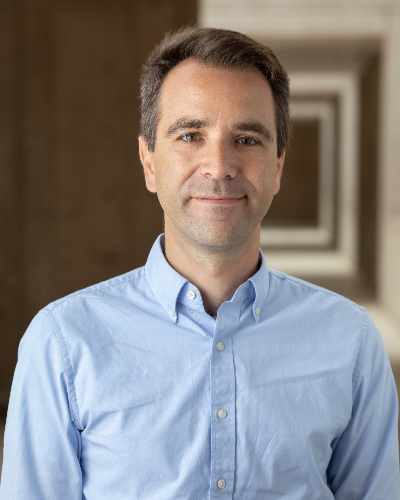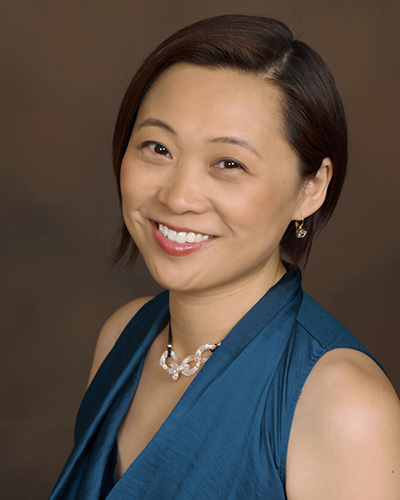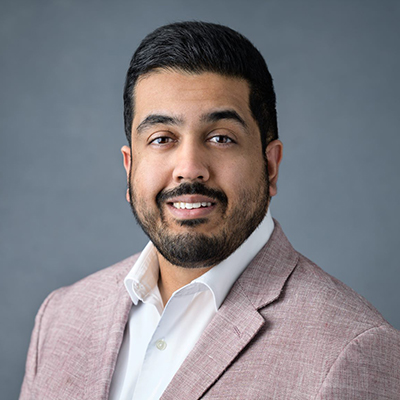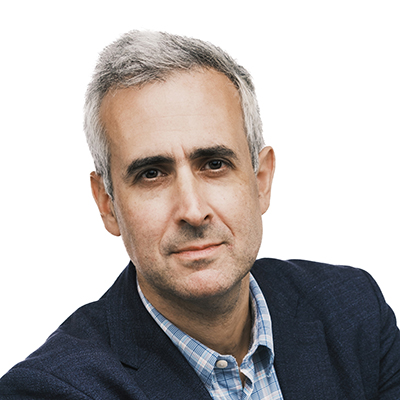This track focuses on the innovative use of biological or chemistry applications, tools, technologies, and techniques as they pertain to automated high throughput screening, the advancement of laboratory processes or improvement of the quality, impact and flow of experimental laboratory data. Emphasis is placed on advancements in chemically and biologically relevant technologies using engineering, analytical, informatics, and application to cutting edge automation-assisted research.
Session 1: AI-Enabled Chemistry: Automating Iterative Discovery and Synthesis
Session Chair: Richard Robinson, Ph.D. (Novartis)
This session will feature presentations on advances being made in the development and application of automation technologies within the scope of facilitating or advancing the productivity in chemical synthesis, the screening of chemical reactions and automating the DMTA cycle.
Session 2: Advancements in Sample Management Technologies
Session Chair: Nady Mettias (Takeda)
Explore the forefront of sample management technology, delving into the latest innovations in software, labware, instruments, and beyond. Uncover how these advancements revolutionize workflows, enhance efficiency, and drive progress across diverse scientific fields.
Session 3: Streamlining Lab Operations: Innovations in Automated Transport for Labware
Session Chair: Carleen Klumpp-Thomas, M.S. (NCATS)
Embark on a journey exploring innovations in automated transport for scientific labware utilizing mobile robotics and beyond. Navigate how cutting-edge technologies optimize efficiency, minimize manual intervention, and elevate productivity in laboratory settings, revolutionizing the way we conduct research and experiments.
Session 4: Transforming Lab Processes: Cutting-Edge Advancements in Automation
Session Chair: Kristen Tran, M.S. (Ginkgo Bioworks)
Unlock the potential of automation in laboratory processes with our exploration of cutting-edge advancements. Dive into how these innovations redefine efficiency, precision, and scalability, reshaping the landscape of scientific discovery. Join us and witness the evolution of lab operations firsthand.
Session 5: Screening & Profiling at Higher Throughput Using Physiologically Relevant Models
Session Chair: Shane Marine (GSK)
Discover how these advancements enhance the accuracy and efficiency of research, propelling drug discovery and development forward. Join us to learn how innovative models are shaping the future of biomedical science.
Session 6: Integrated and Automated Approaches to Accelerate Lead Generation Across Therapeutic Modalities
Session Chair: Jesse Mulcahy (Cellino)
Explore how the seamless integration of diverse data sources, automated workflows, and advanced analytics can accelerate the identification of lead compounds and innovative cell therapies. Discover how this multifaceted approach is revolutionizing the fields of drug discovery and cell therapy, transforming the landscape of therapeutic development.
View All Automation Technologies Podium Talks






